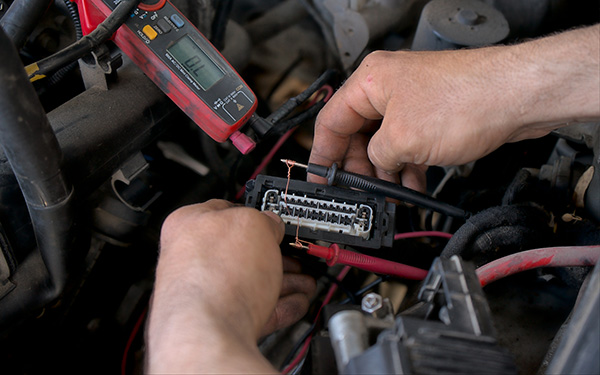Posted on 10/31/2025

Modern vehicles rely on dozens of sensors to monitor engine operation, emissions, safety systems, and more. These components help the car make constant adjustments while you drive, from fuel injection timing to steering assistance. In many ways, sensors have improved reliability and performance. But they’ve also introduced new complications. When one of them starts to fail, it can trigger a ripple effect that’s not always easy to trace. What Automotive Sensors Actually Do Sensors act as the eyes and ears of your car’s computer systems. They monitor variables like air temperature, wheel speed, throttle position, and engine load. The data gets fed into control modules, which then adjust how the car behaves. For example, the oxygen sensor monitors fuel mixture so the engine can run cleanly and efficiently. If the data is accurate, the system runs smoothly. But when a sensor sends bad information, it can throw everything off. How One Bad Senso ... read more